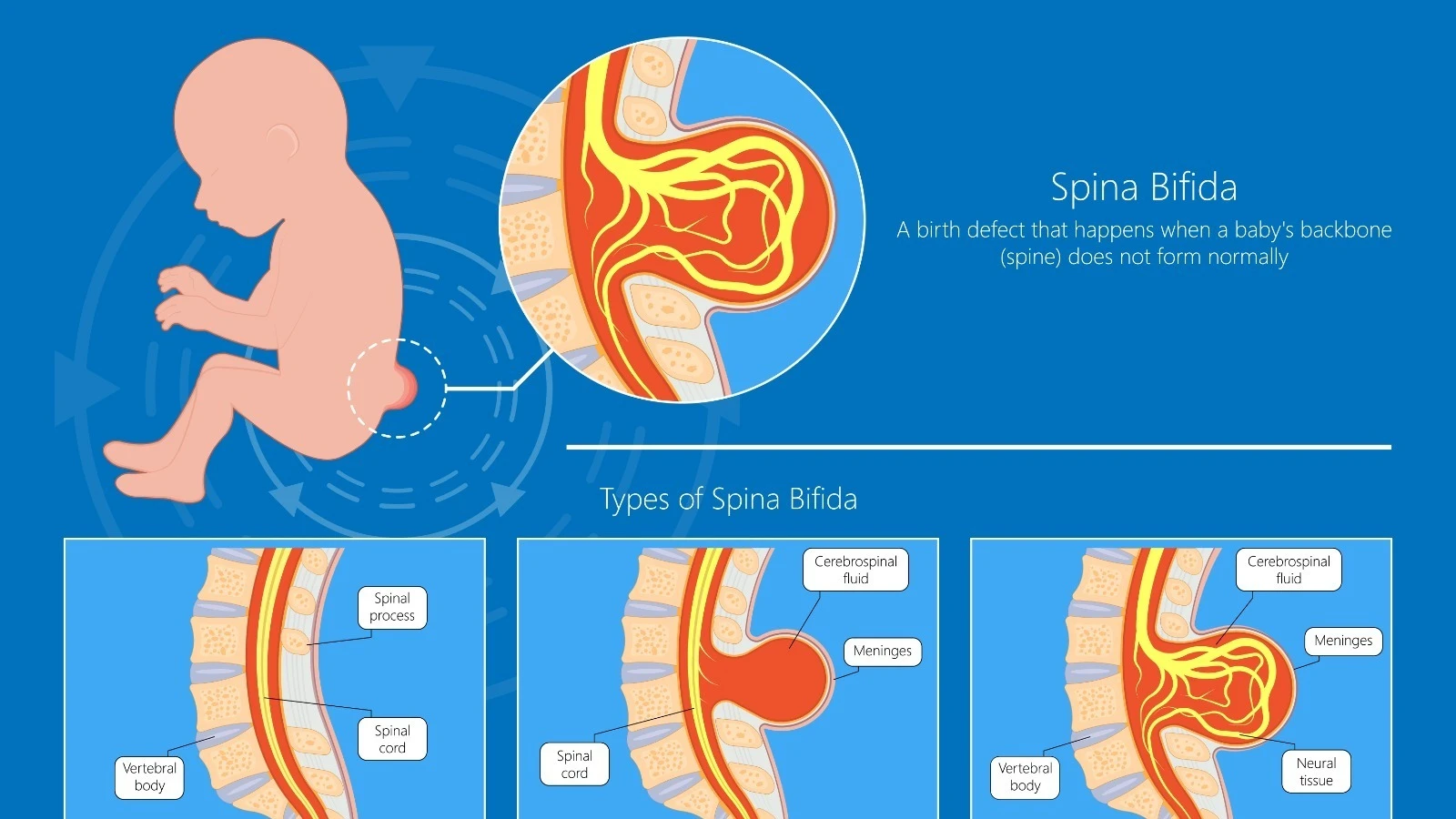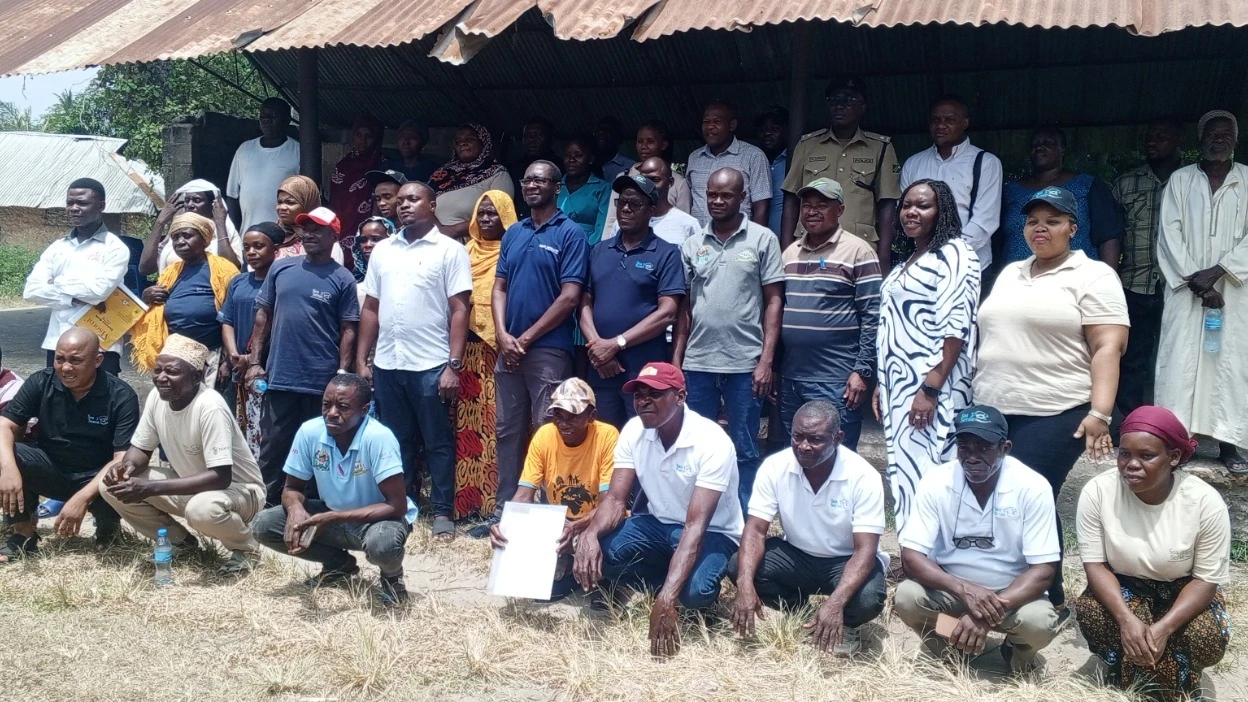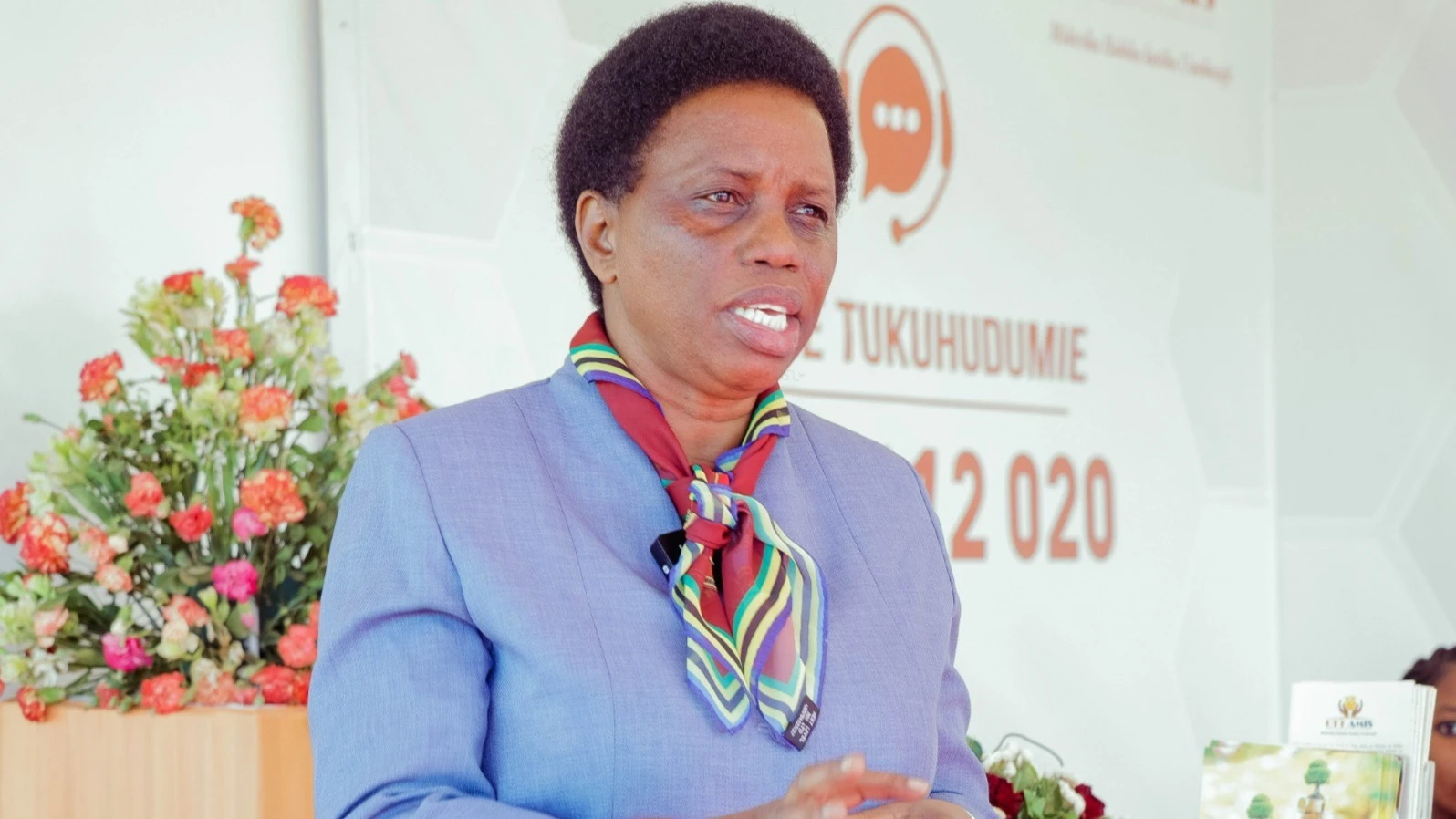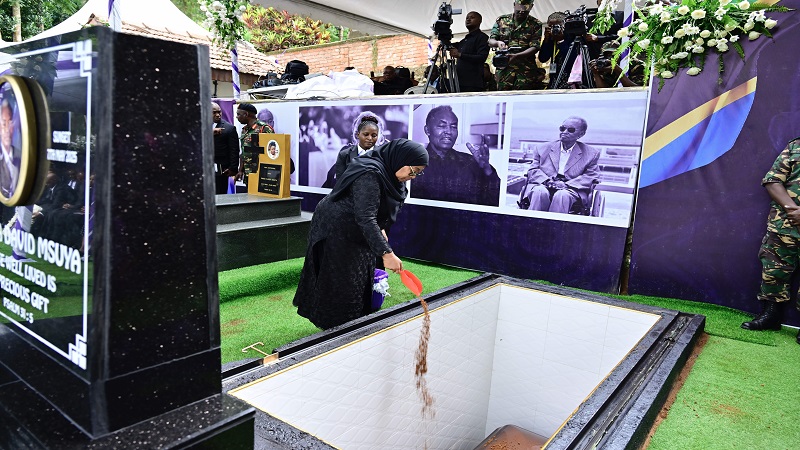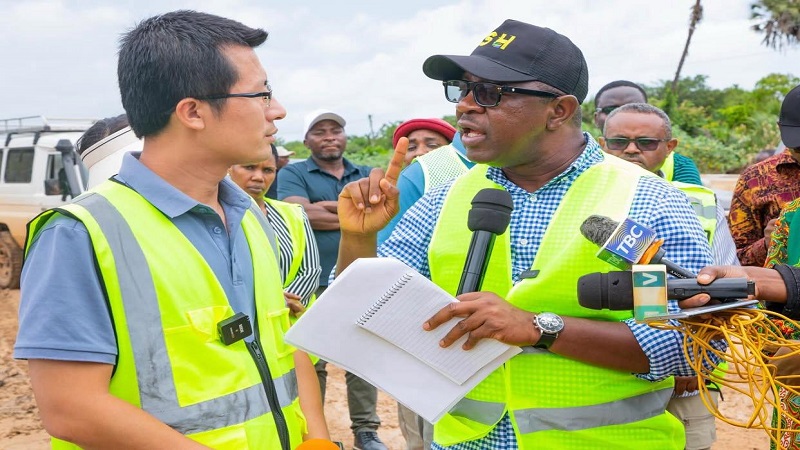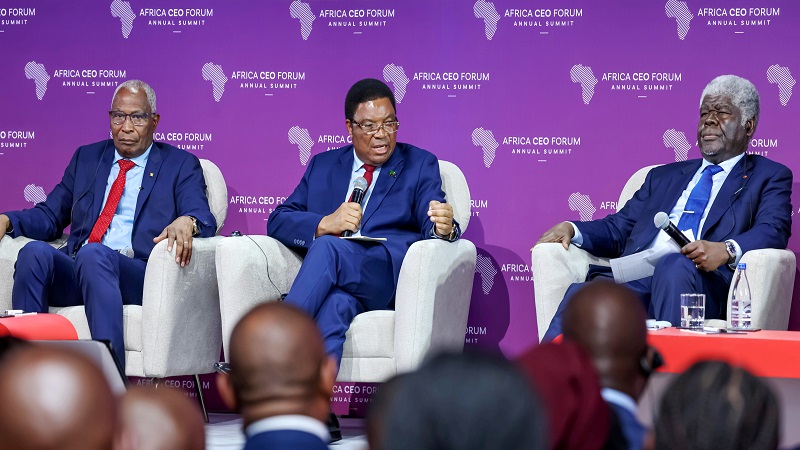Govt to establish national extension agency to boost support for farmers
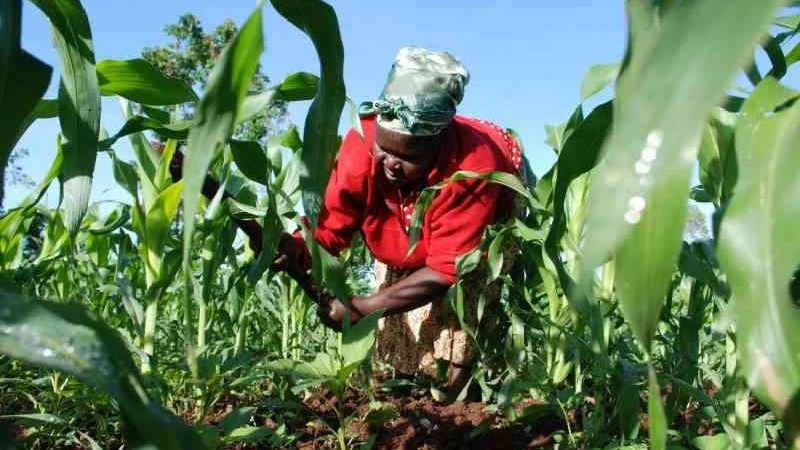
THE government plans to establish a National Agriculture Extension Agency, which will serve as a vital link between extension officers and farmers across the country, ensuring timely delivery of farmers’ concerns directly to the Ministry of Agriculture.
The announcement was made by Mariam Ditopile, Vice Chairperson of the Parliamentary Standing Committee on Industry, Trade, Agriculture and Livestock, during the 15th anniversary celebrations of the Agricultural Non-State Actors Forum (ANSAF) held in Dar es Salaam on Thursday.
“We want the agency to act as a direct bridge between farmers and extension officers. It will ensure that farmers’ challenges are heard and addressed more swiftly, with the agency also tasked with directly reporting these matters to the Ministry,” she said.
She explained that the initiative is part of the government’s broader efforts to improve working conditions for extension officers and enhance the quality of services provided to farmers—from village to national level.
The planned agency is also expected to support the government’s wider objective of increasing productivity in agriculture, with current subsidies already in place for fertilisers and seeds.
“The farmers’ plea is not necessarily for more land, but rather for greater productivity from what they already cultivate. They need guidance and support. I commend ANSAF for its 15 years of active contribution in advocating for issues that the government is now addressing, including subsidies for agricultural inputs and the review of policies and laws,” she said.
Ikunda Terry, ANSAF Executive Director noted that since its establishment in 2006—working alongside international partners—the forum has played a critical role in coordinating policy dialogues, conducting research, and offering policy recommendations aimed at improving Tanzania’s agricultural sector.
Terry further stated that ANSAF has been instrumental in implementing strategies to reduce post-harvest losses, promote stakeholder collaboration and experience-sharing, and monitor the implementation of agricultural policies and budgets.
“We are grateful for the continued support of the Parliamentary Committee. More than 20 institutions, including the Embassy of Sweden, Helvetas, AGRA, the United Nations World Food Programme (WFP), the Foundation for Civil Society (FCS) and WAJIBU - Institute of Public Accountability , have provided financial support to the forum, contributing over 20bn/- to the development of the agriculture sector,” she said.
Catherine Mlaga, Director of Mbozi, Ileje and Isangati Consortium (MIICO), shared insights from public resource tracking, highlighting challenges in the implementation of the Women Development Fund. In some areas, she noted, the allocated funds were not disbursed as planned, particularly within the agriculture sector.
To address this, MIICO established a Community Resource Centre to provide education, conduct research, and mobilise communities to question and monitor government accountability in the use of public funds.
Violet Mkoma, chairperson of the Southern Highlands Rural Women’s Forum from Songwe Region, acknowledged ANSAF’s support in improving access to agricultural extension services and training women in budget analysis for the agriculture sector.
She noted that, as a result of the training, women in Songwe are now landowners and occupy leadership positions on coffee farmers’ boards—an achievement that was previously hindered by patriarchal norms.
“Despite the gains, we still face challenges such as limited access to farmland. We are often forced to practise mixed cropping on small plots. Climate change is another major concern—we struggle with low yields due to unpredictable weather, and at times, rainfall is insufficient,” she said.
Top Headlines
© 2025 IPPMEDIA.COM. ALL RIGHTS RESERVED











